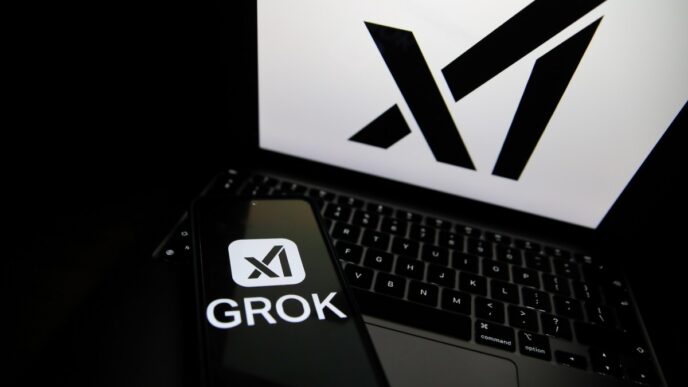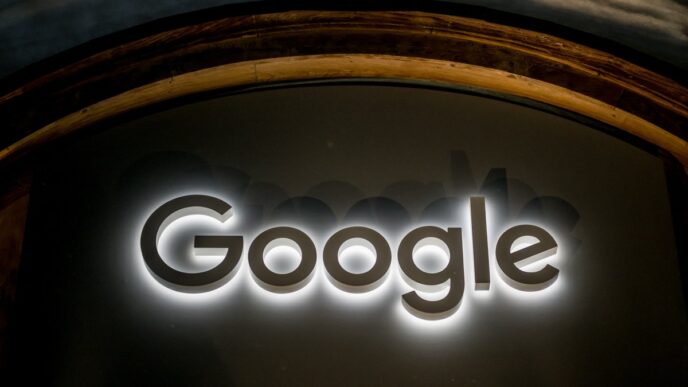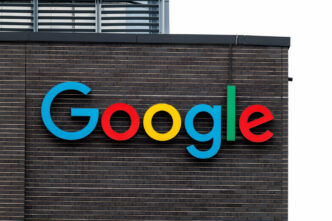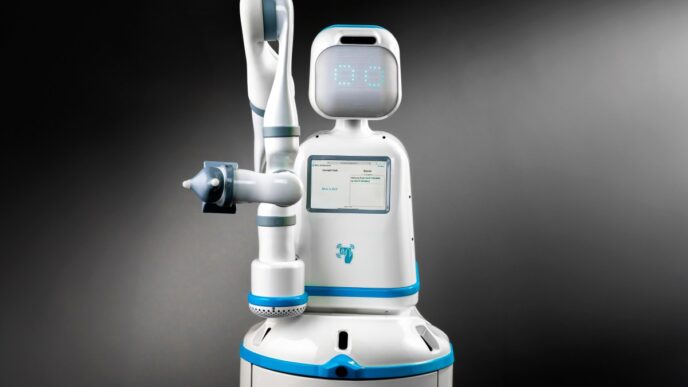Cluely is facing backlash over its “undetectability” cheating tool. The AI startup claims its hidden in-browser window lets users “cheat on everything.”
The controversy blew up when co-founder Roy Lee got suspended from Columbia University. He openly bragged about using Cluely, formerly Interview Coder, to cheat on an Amazon coding test.
Soon after, Columbia student Patrick Shen launched Truely—an “anti-Cluely” product. Truely aims to catch cheaters using apps like Cluely during online interviews. Shen announced the launch on X.
Lee shrugged off Truely’s arrival last week in a chat with TechCrunch:
“We don’t care if we’re able to be detected or not,” Lee said. “The invisibility function is not a core feature of Cluely. It’s a nifty add-on. In fact, most enterprises opt to disable the invisibility altogether because of legal implications.”
He also praised Truely on X but warned Cluely users might soon have to be more transparent:
Cluely will likely start prompting our users to be much more transparent about usage.
The launch follows Cluely’s $15 million Series A round from Andreessen Horowitz last month. Since then, the company shifted messaging. Their tagline morphed from “cheat on everything” to “Everything You Need. Before You Ask. … This feels like cheating.”
Critics call Cluely’s marketing “rage-bait,” which pushed the cheating narrative. But Lee has bigger plans. He wants Cluely to replace ChatGPT.
“Every time you would reach for chatgpt.com, our goal is to create a world where you instead reach for Cluely,” Lee said. “Cluely does functionally the same thing as ChatGPT. The only difference is that it also knows what’s on your screen and hears what’s going on in your audio.”
Cluely’s fight over cheating just got louder—and it’s aiming to own how you interact with AI.














